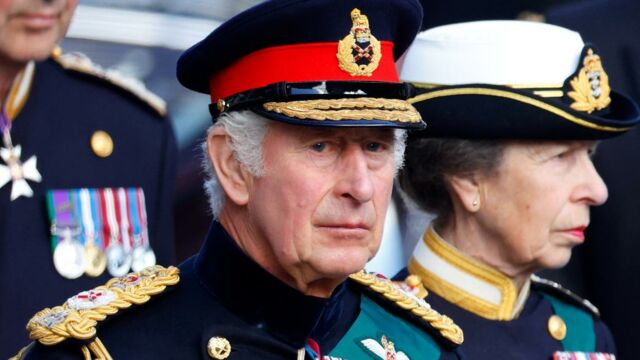King Charles III: Here's why he has been exempted from paying property tax on $750 million estate

King Charles III has inherited a lot of things from his mother, including the Lancaster estate. However, he will not have to pay any property tax on it.
After the death of Britain’s longest-reigning monarch – Queen Elizabeth II – her eldest son Charles automatically became His Majesty King Charles III and the King of England. Apart from the role of a monarch, he also automatically acquired the Queen’s assets and estates. However, the King will not actually have to pay inheritance tax on his inherited estate.
Discover our latest podcast
Why won’t the King pay the tax?
After his mother’s death, King Charles III acquired the Duchy of Lancaster estate – worth over $750 million – but will not pay any property tax on it. This comes because of a law introduced by the UK government in 1993, confirms Business Insider.
More under this adMore under this adA long-standing regulation intended to safeguard the wealth of the Royal Family allows King Charles III to avoid paying millions in inheritance tax on the Duchy of Lancaster holdings. If you leave assets worth more than a particular amount to your loved ones after you pass away, inheritance tax must be paid at a rate of 40% under UK law.

However, a law passed by the UK government in 1993 stated that inheritance tax is not due on the transfer of assets from one royal to another and that will prevent the King from having to pay the tax.
Sir John Major – then Conservative Prime Minister – claimed that a hereditary monarchy's circumstances were ‘unique’ and so ‘special arrangements’ should be made. The clause was used for the first time in 2002 when the Queen Mother left Queen Elizabeth II an inheritance valued at roughly $80 million that included a collection of Faberge eggs.
More under this adMore under this adThe estate income
While the King won’t pay any taxes on the Lancaster estate, all the incomes generated from it will directly go to him. Last year, the estate generated revenue of £24 million ($27 million) from its commercial, agricultural and residential properties and a portfolio of financial investments.
Read More
⋙ King Charles III: Are the monarch's 'swollen fingers' really a cause for concern?
⋙ Prince Harry to celebrate his first birthday without the Queen, here's what we know
⋙ The Queen's secret letter: Some of the content has been revealed before expected opening in 2085